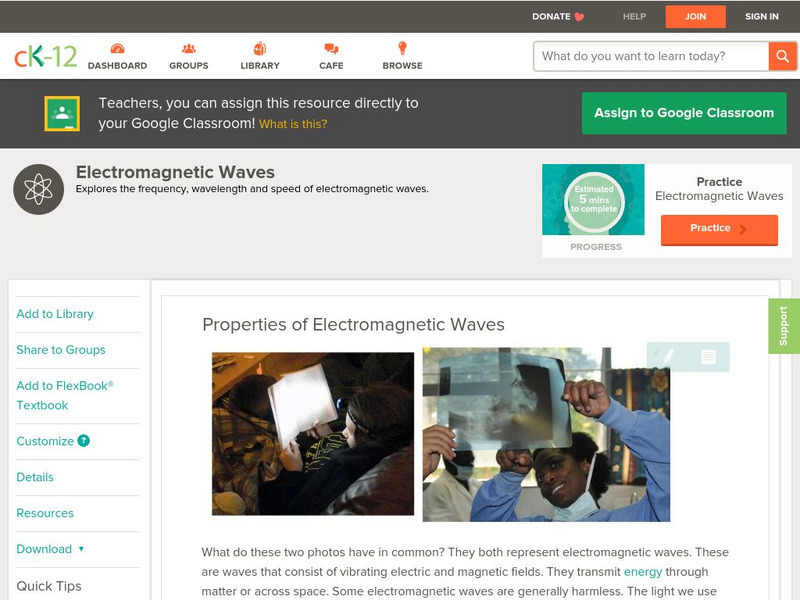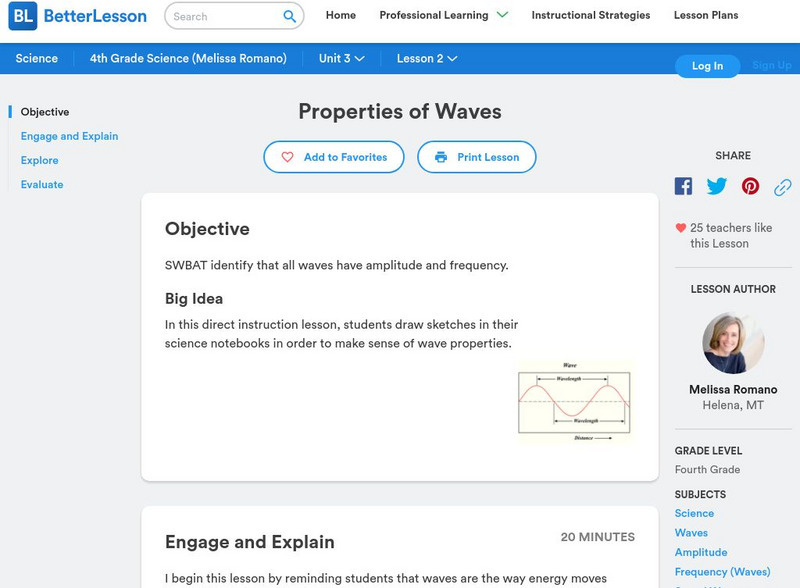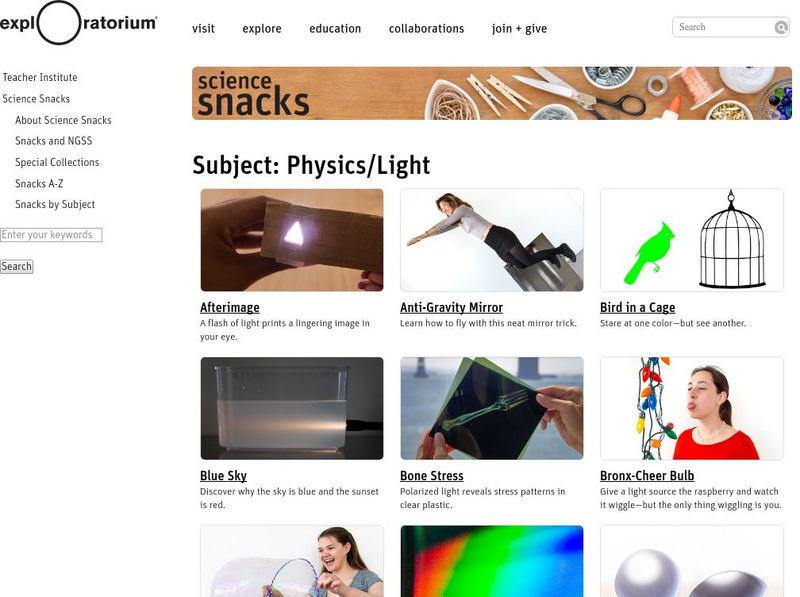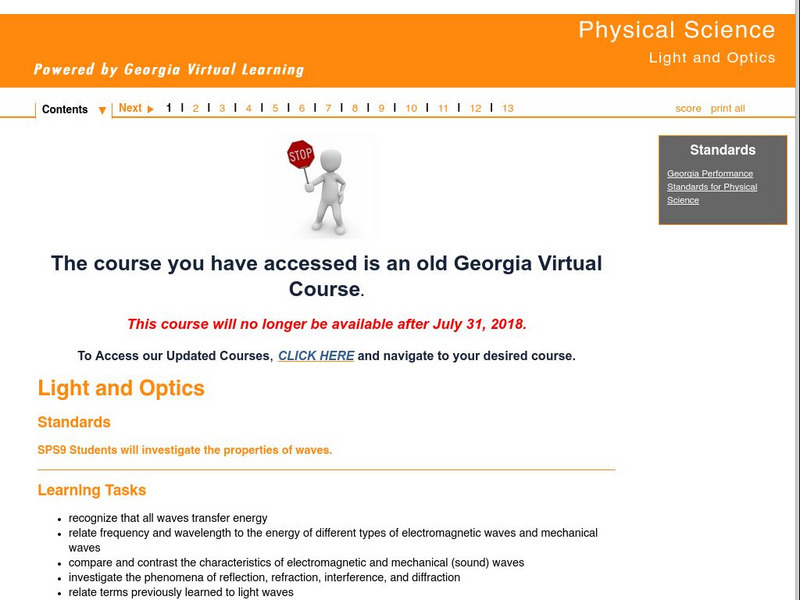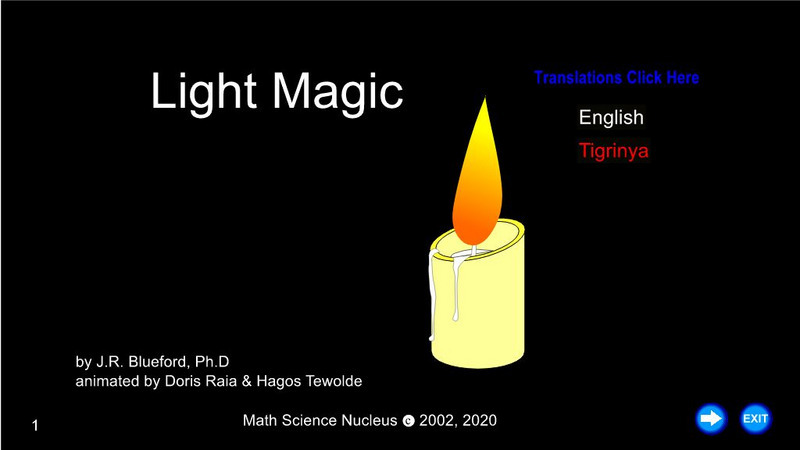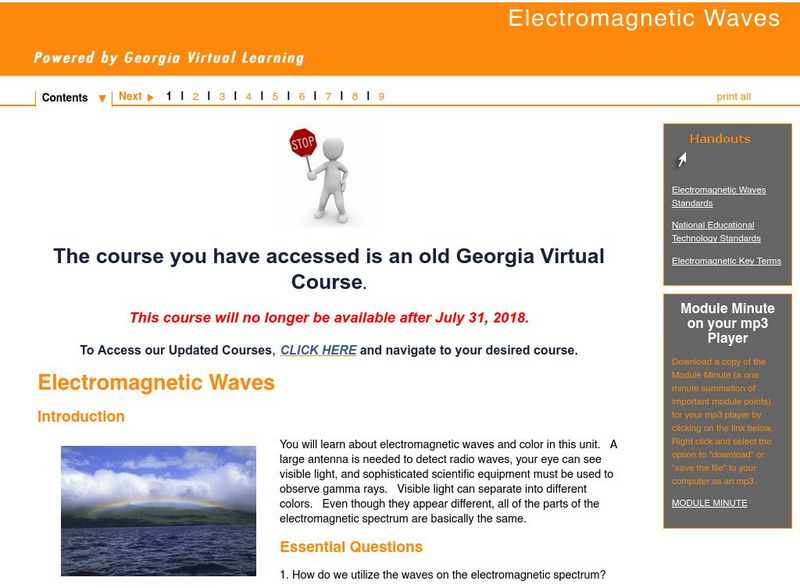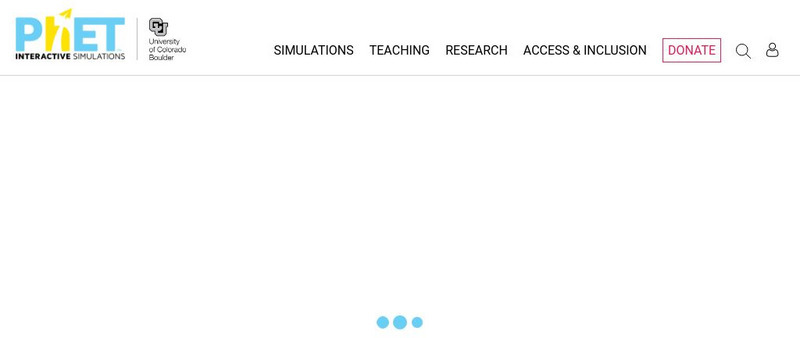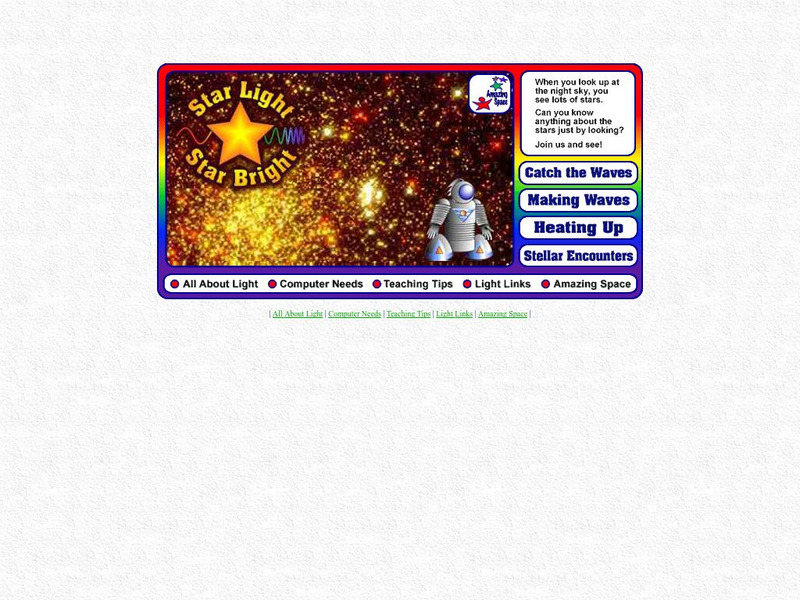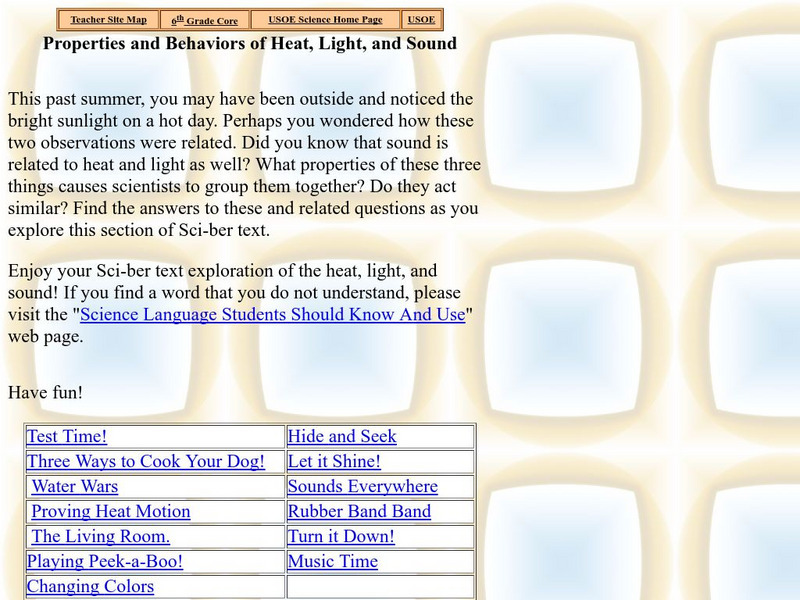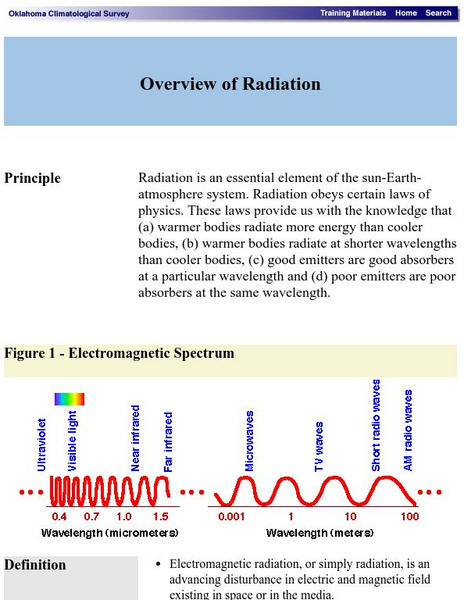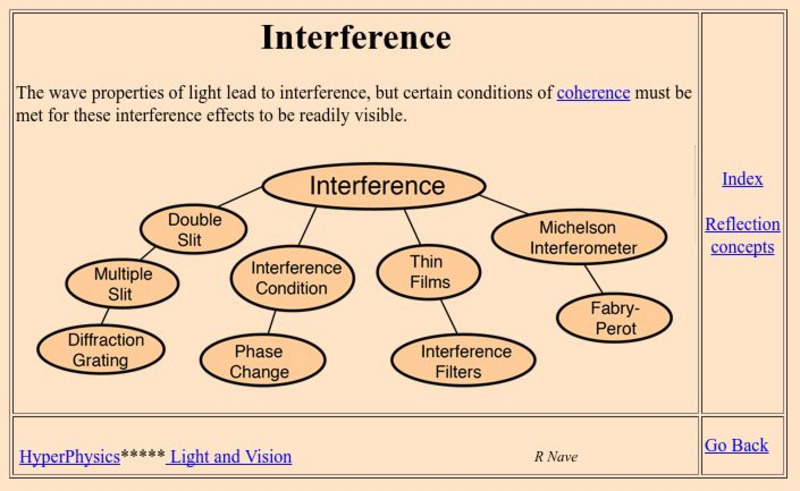Curated OER
What Shape Is It?
Students predict the shape of an unknown object by bouncing a ball on it. In this physics lesson, students relate this activity to how dolphins use echo-location to navigate. They analyze their lab result and discuss findings.
Curated OER
Grow an Alum Crystal
What an exciting lab experiment to conduct with your high school chemistry class! Crystals are formed naturally in the environment. However, allow your blossoming chemists to create their own unique crystals using alum and...
Curated OER
Fire Brigade
Students examine how a community works together to protect them from fire. They work together to design a functional tool that could be helpful in fighting fires. They share their tool with the class.
Curated OER
Grating Spectrometer
Students calculate the Balmer series. In this physics instructional activity, students observe hydrogen lamp spectra using spectrometers. They calculate wavelength and compare them with their theoretical calculations.
Curated OER
Characterization in The Ponder Heart:A Collaborative Speaking Unit
Students assess fellow student's oral narrative tales. They discuss the attributes that marked the "best" narratives. They compose their own narrative tales and interview family members. They make a final speaking presentation to the...
CK-12 Foundation
Ck 12: Physical Science: Properties of Electromagnetic Waves
[Free Registration/Login may be required to access all resource tools.] The speed of electromagnetic waves, their wavelengths and frequencies and how to calculate wavelength or wave frequency.
BBC
Bbc: Gcse Bitesize: General Properties of Waves
Light travels as waves. Waves can be described by their amplitude, wavelength and frequency. The speed of a wave can be calculated from its frequency and wavelength.
Better Lesson
Better Lesson: Properties of Waves
In this direct instruction lesson, students draw sketches in their science notebooks in order to make sense of wave properties. Resources include a slideshow presentation on the properties of waves and multiple examples of student work.
Exploratorium
Exploratorium: Science Snacks: Physics/light
Here is a large collection of simple science class activities for understanding the physics of light.
Georgia Department of Education
Ga Virtual Learning: Physical Science: Light and Optics
Students will investigate the properties of light waves. They will learn about the different types of electromagnetic waves and mechanical waves, and investigate the phenomena of reflection, refraction, interference, and diffraction.
Math Science Nucleus
Math/science Nucleus: Light Magic
This animation discusses light and the properties of light in a storybook format. The animations cover the colors of the rainbow (ROYGBIV) along with prisms, light waves, reflection, and refraction.
TeachEngineering
Teach Engineering: Stations of Light
Student groups rotate through four stations to examine light energy behavior: refraction, magnification, prisms and polarization. They see how a beam of light is refracted (bent) through various transparent mediums. While learning how a...
BBC
Bbc: Gcse Bitesize: Why Do Scientists Think That Light and Sound Are Waves?
Light travels as transverse waves and can travel through a vacuum. Sound travels as longitudinal waves and needs to travel through a solid, liquid or gas. Read about the properties of light and of sound, and learn the differences between...
Georgia Department of Education
Ga Virtual Learning: Electromagnetic Waves
Through informational text, interactive activities, practice problems, and virtual simulations, students explore the properties of electromagnetic waves.
TeachEngineering
Teach Engineering: Learning Light's Properties
Students learn the basic properties of light--the concepts of light absorption, transmission, reflection and refraction, as well as the behavior of light during interference. Lecture information briefly addresses the electromagnetic...
CK-12 Foundation
Ck 12: Physics: Wave Optics Study Guide
A study guide for concepts related to wave optics.
University of Colorado
University of Colorado: Ph Et Interactive Simulations: Wave Interference
Conduct virtual experiments with water, sound, and light waves to determine the sine wave and patterns created in each.
Space Telescope Science Institute
Amazing Space: Star Light Star Bright
A few short, interactive activities on light waves can be found on this site. Numerous others links and teacher resources are posted here as well. A good background on light is offered for teachers.
Utah State Office of Education
Utah Science: Properties and Behaviors of Heat, Light and Sound
How can scientists lump heat, light and sound together when investigating properties and behaviors? This learning module will address that question through a series of activities.
Open Curriculum
Open Curriculum: Light as a Particle
Students learn about the properties of light as a photon and the wave-particle duality.
PBS
Pbs Learning Media: What Is a Wave?
This interactive activity adapted from the University of Utah's ASPIRE Lab provides an overview of the characteristics and properties of various types of waves, including light waves, sound waves, and water waves.
TeachEngineering
Teach Engineering: Waves: The Three Color Mystery
Students are presented with a challenge question concerning color blindness and asked to use engineering principles to design devices to help people who are color blind. Using the legacy cycle as a model, this unit is comprised of five...
Oklahoma Mesonet
Oklahoma Climatological Survey: Overview of Radiation
This site details what radiation is, the physics of radiation, and radiative transfer as it occurs in nature. Content explores the electromagnetic spectrum, electromagnetic waves, properties of radiation, and solar radiation.
Georgia State University
Georgia State University: Hyper Physics: Interference
An indexing page for a physics department site about the wave properties of light that lead to interference.





